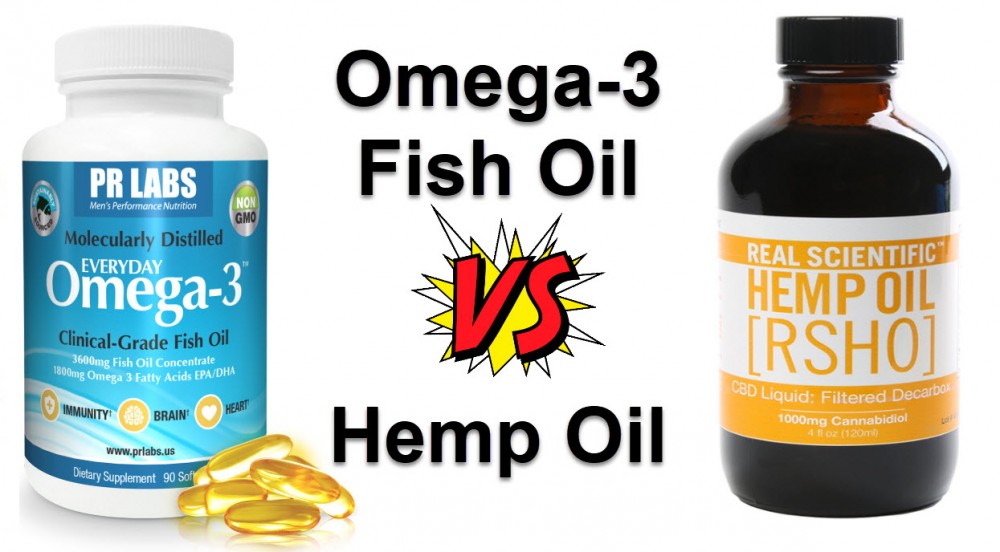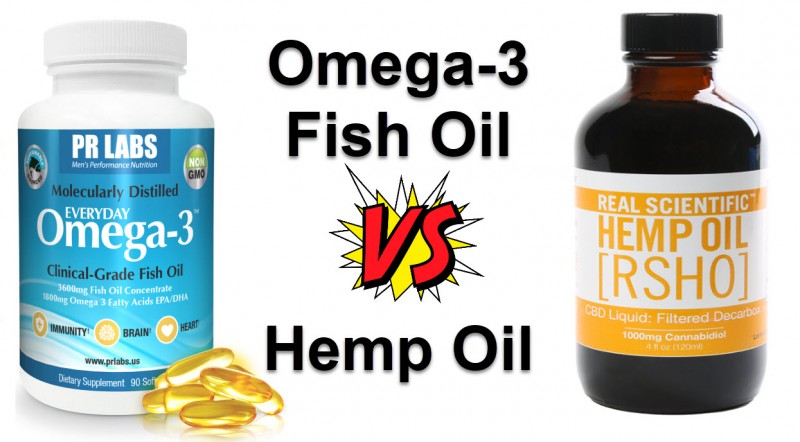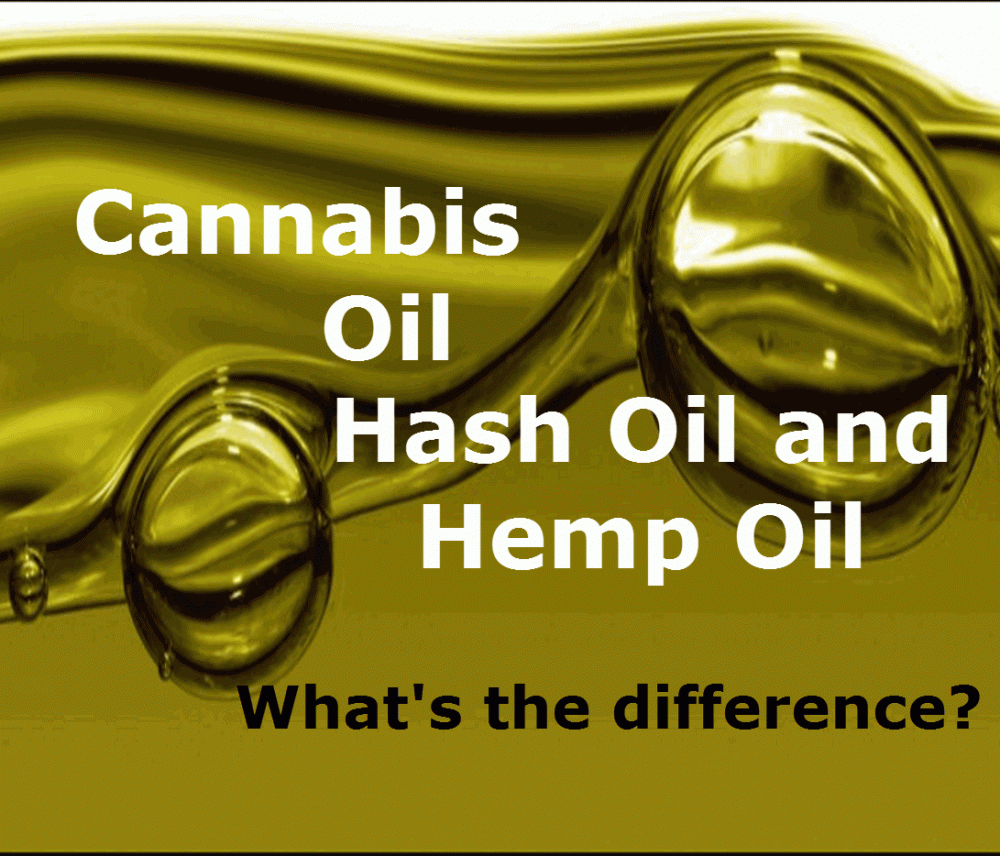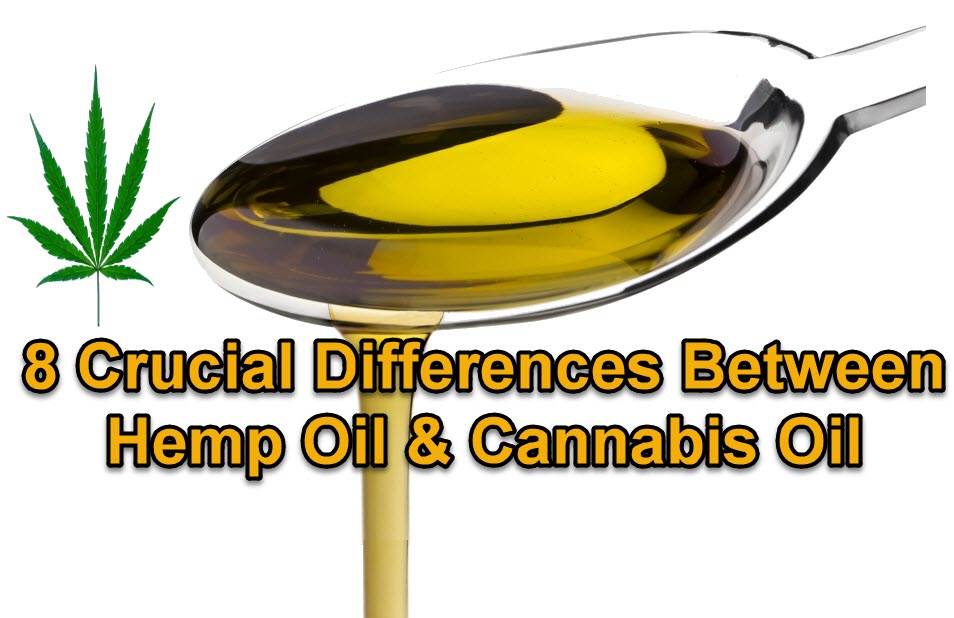Omega-3 Fish Oil vs. Hemp Oil

The consumption of fish oil to prevent heart disease has risen dramatically in the last few years. Fish oil is rich in omega-3 fatty acids, which are key nutrients that help manage and prevent heart disease.
Omega-3 fatty acids also have many other health benefits; reduction of triglyceride levels, reduced blood pressure, prevent plaque accumulation in the arteries, and lessen the risk of strokes, heart attacks, or sudden cardiac death among individuals who already have heart disease. That’s because of the eicosapentaenoic acid (EPA) and docosahexaenoic acid (DHA) content in fish oils, too.
Even if your doctor told you that fish oil is good for you, it also comes with unwanted side effects – just like every other pharmaceutically-made drug out there. The safest way to take fish oil requires medical supervision. If you self-medicate with it, this can lead to an increase in blood sugar levels, bleeding or blood clots, low blood pressure, diarrhea, and acid reflux. The risk for these conditions is much higher when you take too much fish oil. Other common side effects associated with fish oil include abdominal pain, nausea, and heartburn. Not to mention the embarrassing “fish burp”, which is basically belching a fishy aftertaste.
Here are other things you should think about:
- Fish oil is prone to oxidation from free radicals. What this means for you is that unless the fish oil you’re taking comes with antioxidant protection, there’s a big risk you’re taking rancid fish oil.
- You aren’t getting what the bottle tells you. Supplement companies have been found guilty of mislabeling. A 500mg capsule doesn’t actually mean you’re getting 500mg of omega-3 fatty acids. You might be getting around 100mg.
- Fish oil is made by extracting compounds from tissues of fish such as anchovies, tuna, salmon, or sardines. Some parts of a fish can contain toxins, and these days marine life have been shown to consume plastic and other materials in the sea which are detrimental to human health if consumed. The liver of fish, just like yours, is responsible for processing everything consumed. So if a fish ate bits of plastic, there’s a chance you’re ingesting it too.
- Taking fish oil doesn’t give you the added benefits of medicating with plant-based sources, such as fiber.
- Certain fish have been shown to possess mercury and other heavy metals as well as contaminants. These are not things you want to be consuming.
So why would you consider hemp oil as an alternative?
Hemp oil is a rich source of omega-3 and omega-6 fatty acids. Considering that it’s a plant-based source, this gives you the added benefit of consuming therapeutic nutrients and terpenes that you won’t get from fish oil. Additionally, hemp oil contains omega-3 stearidonic acid (SDA), a superior essential fatty acid that converts to EPA more efficiently in the body.
In fact, hemp oil already contains almost 85% essential fatty acids. It is so far the most abundant source of essential fatty acids. One tablespoon of hemp oil already gives you more than the recommended daily essential fatty acid allowance set by the FDA. Hemp oil also contains much lower saturated fatty acids, and is digested more easily by the body.
That’s not all: hemp oil possesses the highest antioxidant activity and phenolic content in the world of plant-based oils. Another top candidate would be pumpkin seed oil, though this oil doesn’t have the same health benefits that hemp oil does. Phenolic compounds derived from nature have been shown to reduce the risk of cancer, stop inflammation, fight free radicals, and protect you with its antioxidant content.
Last but not least, hemp oil is not just a terrific source of omega-3 fatty acids, but it also has the ideal omega-6 to omega-3 ratio which is 3:1. EPA is a terrific compliment to the endocannabinoid system and contributes to homeostasis on several levels. When you take hemp oil, you strengthen your heart health as well as your endocannabinoid system.
Hemp seed oil has no known side effects. Not only is it safer for you than fish oil, but it’s also safer for the environment. Hemp oil and hemp seed oils don’t require disrupting ecosystems just to make them. Hemp plants are also very disease-resistant while helping to cut down the greenhouse gases that are released into the atmosphere.
Check out out speicals on CBD Hemp Oil Here - shop now!
OTHER STORIES YOU MAY ENJOY...
HEMP OIL, HASH OIL, CANNABIS OIL, CLICK HERE.








